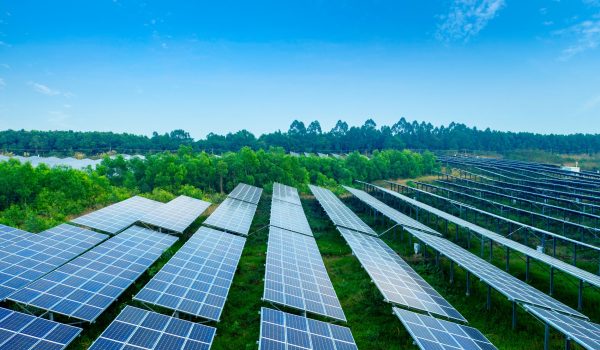Data over informeel e-wastebeheer: de Agbogbloshie schroothoop
De Oude-Fadama-Schroothoop, beter bekend als Agbogbloshie, bevindt zich in Accra, Ghana. In de afgelopen 20 jaar is het gebied uitgegroeid tot een grote schroothoop, waar de informele sector voornamelijk elektronisch afval (e-waste) en schroot verwerkt. Onveilige behandelingsmethoden, zoals het open verbranden van kabels en schuim, en het morsen van gevaarlijke vloeistoffen op de grond, veroorzaken milieuvervuiling en creëren gezondheidsrisico’s door het vrijkomen van persistente organische verontreinigende stoffen (POP’s) en zware metalen.
Er is een erkend gebrek aan informatie over e-wastemassa en materiaalstromen vanwege het ontbreken van toepasbare methoden om e-wastehoeveelheden te meten in een informeel beheerd behandelingssysteem. Om echter duurzaam e-wastebeheer vast te stellen, zijn e-wastemassa en materiaalstroomgegevens cruciale voorwaarden. Daarom wordt de material flow analysis (MFA) methodologie voorgesteld als middel voor gegevensverzameling binnen een beperkte tijdspanne in de informele e-wasterecyclingcontext.
In deze casestudy werden de massa- en materiaalstromen van e-waste dat op Agbogbloshie werd verwerkt, geschat met behulp van twee verschillende benaderingen: ten eerste werd de soort, maat, samenstelling van de lading en het aantal geladen voertuigen die het gebied betraden en verlieten, waargenomen en gedocumenteerd. Ten tweede werd om de verzamelde gegevens te valideren, de massa- en materiaalstroom van e-wastebehandelingsprocessen ter plaatse waargenomen en gedocumenteerd.
Other relevant publications
The role of extended producer pesponsibility (EPR) in the energy transition
Analysis of the implementation of EPR for batteries in electric vehicles, solar panels, and wind turbines
Report collection for reuse at recycling centers
This report analyzes pilot projects in the municipalities of Amersfoort and Zwolle aimed at promoting the reuse of electrical appliances through recycling centers.







